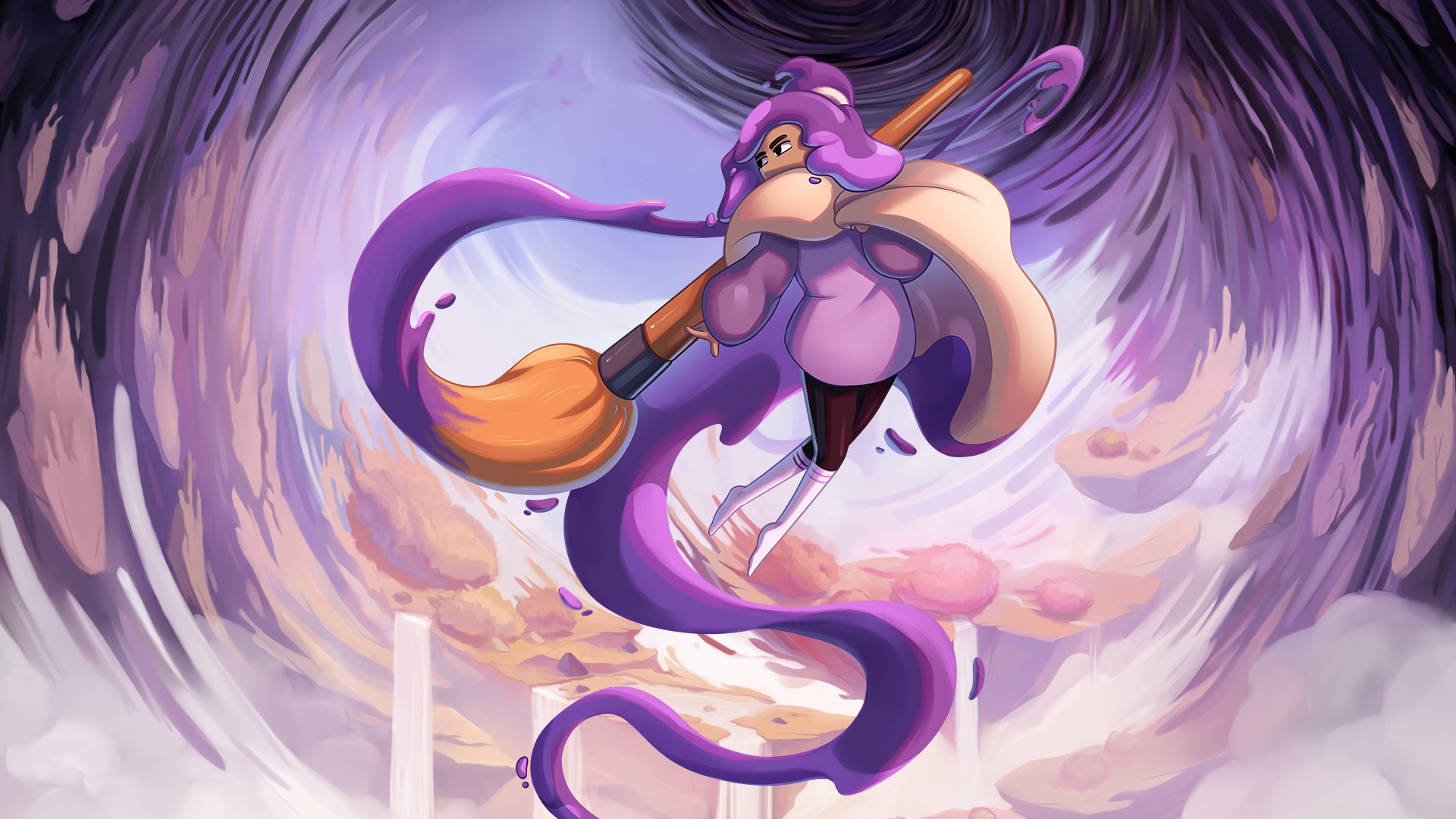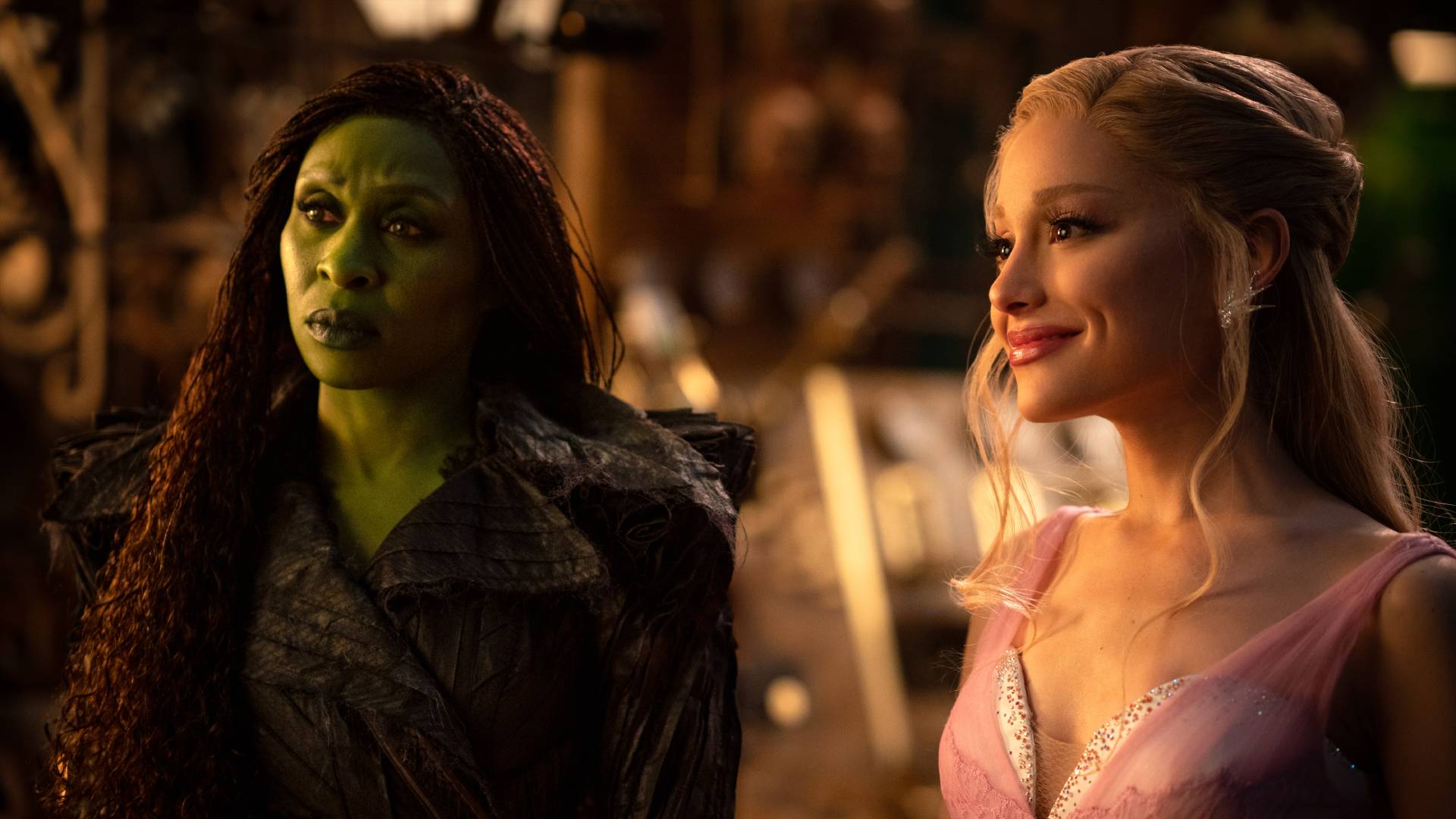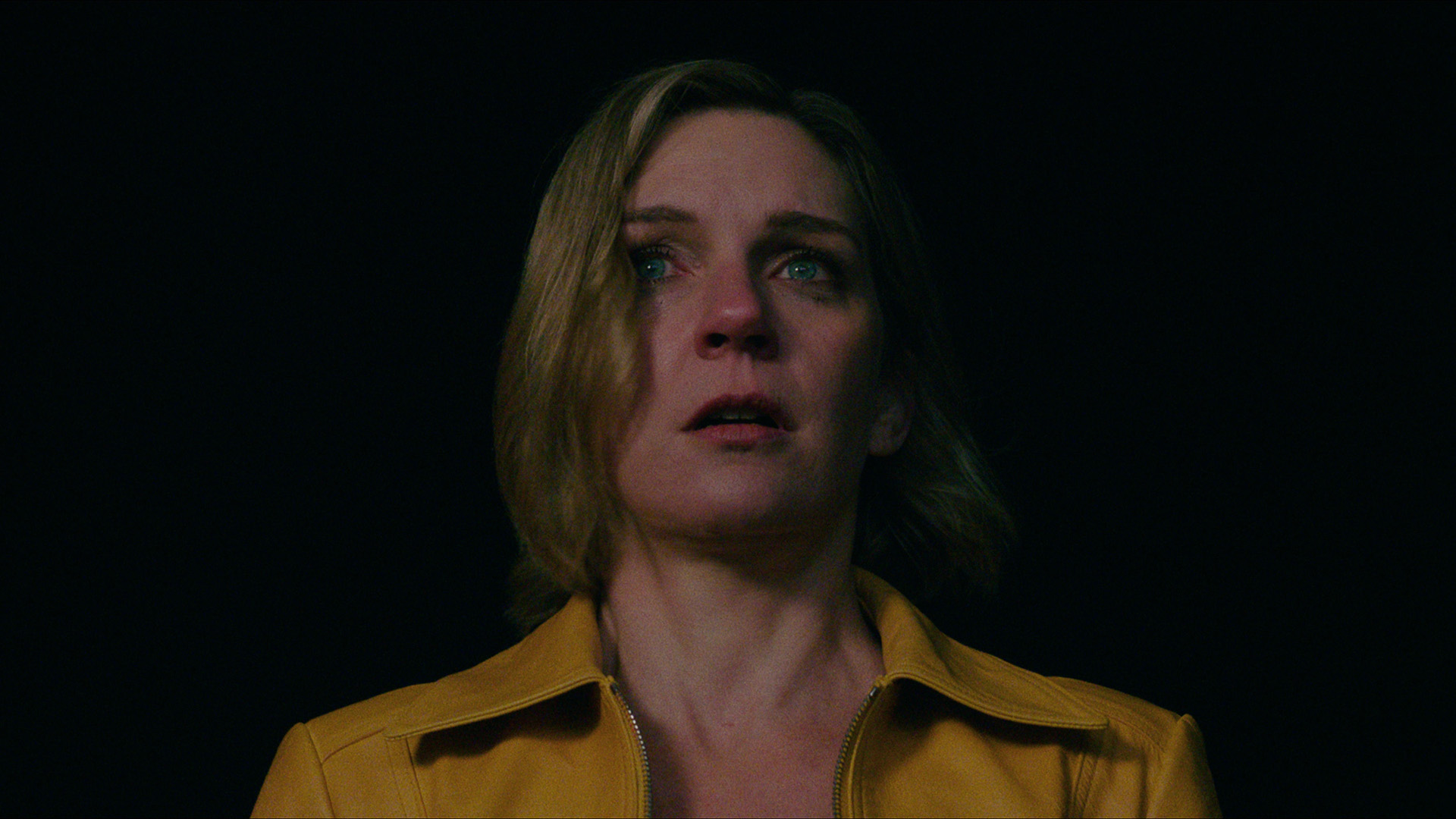How Final Fantasy 15 almost destroyed itself (with help from FF13)
Back in 2008, things weren't going well for Final Fantasy 13. A few short years after it was announced as the leading entry in Square-Enix's Fabula Nova Crystallis compilation, the team behind it was already struggling, thanks to creative disagreements and internal issues affecting a wide swath of Final Fantasy projects. Those troubles exhausted FF13's resources, and when the pressure became too much, everything that didn't directly benefit the game was pushed aside until it was finished. According to director Motomu Toriyama "it was decided that the needs of the flagship title, Final Fantasy 13, should come first and foremost."
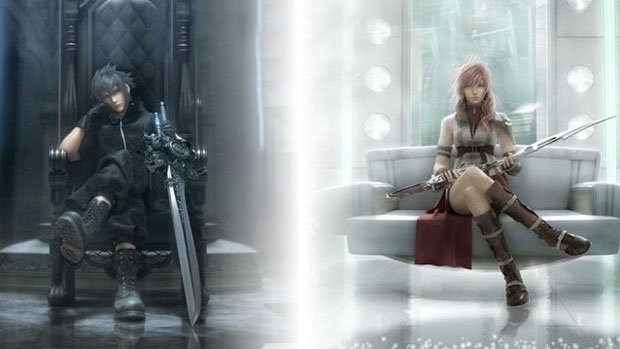
That worked out well for FF13, which was released in 2010 (a short four years after its announcement), and has seen two additional sequels since. But it turned out very poorly for another game: Final Fantasy Versus 13, now known as Final Fantasy 15, which has been in development for ten years and dangerously close to crashing and burning almost the entire time. FF13 isn't to blame for all of FF15's troubles; the production has had its fair share of self-inflicted wounds. But that's where FF15's bad luck began, and it nearly ended in FF15 not being made at all.
Versus 13 was practically born in FF13's shadow. The two were introduced as equals at E3 2006, the "core of the Fabula Nova Crystallis Project" and the first set of games in a larger Final Fantasy sub-series. They would tell different but equally vital stories using the same mythos (e.g. lots of fal'Cie gods and their mortal l'Cie servants causing havoc in both), and mirror each other in production schedule as well as subject matter. But Versus 13 didn't really get to share the spotlight: where FF13 got a gorgeous announcement trailer showing off intense CGI sequences, gameplay, and environments, Versus 13 got a cryptic glimpse at a man walking down stairs, and an endorsement as "not merely a sequel" to FF13.
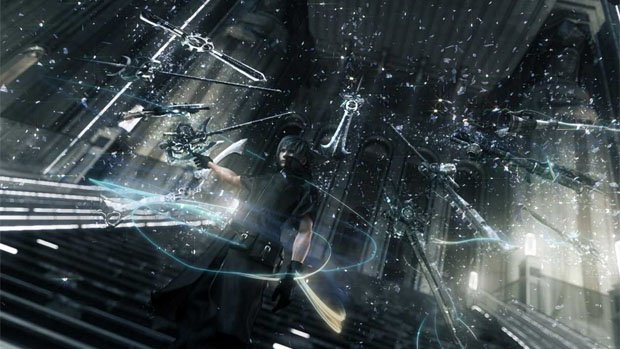
It was up to director Tetsuya Nomura to provide actual details during Square's E3 presentation, noting that Versus 13 would feature "extreme action elements", "emotional, realistic characters", and "a storyline with 'bonding' as the underlying theme." Also, he revealed that "absolutely nothing [had] been done on the actual scenario" at the time of the announcement; though Nomura didn't reveal the reason, Toriyama would later claim that Versus 13 was to be built using a 'universal engine' that his own team was constructing, which likely accounts for the game's late start. Not a big deal at the time, and it may never have been, if FF13's production hadn't gone sideways.
It started with creative disputes - many of the staff couldn't agree about how closely FF13 should resemble the flashy, extravagant prototype shown off in its announcement trailer, leading to fissures within the group. With those discussions already taking up an unfortunate amount of time, creating the universal engine quickly became unmanageable, as staff couldn't handle all the requests coming its way from other teams without compromising its own efforts. The result was weeks' worth of work being binned at a time, and missed deadlines piling up into full-on delays. Ultimately, with S-E's blessing, Toriyama put a stop to all additional changes to the engine outside what his own team needed, so FF13 could be completed in a timely fashion.
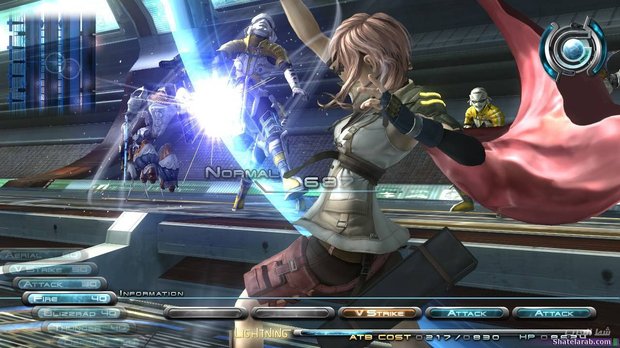
That was bad news for Versus 13 - the simultaneous development planned for the two games had officially been compromised in FF13's favor. It didn't end at FF13 getting special treatment on the technical side, either; in 2008, rumor began to spread that members of the Versus team were being reassigned to work on FF13, following an interview with Famitsu where Nomura allegedly claimed Versus 13 was on hold. Square denied that Versus 13 had been suspended, but did admit that some of Nomura's team had been assisting with work on FF13 when available. A retranslation of Nomura's comments seems to hit at the heart of the issue: "Versus XIII is waiting on XIII."
Development continued into 2010 with little fanfare, and the information released to the public tapered off. Blessedly, FF13 had finally launched and resources could be shifted back to Versus 13, but technical issues were bringing the project nearly to a halt. According to then-Technology Director Julien Merceron, the 'universal engine' Toriyama's team built couldn't handle Versus 13 anymore - because it had been so carefully designed to fit FF13's specifications, it now buckled under the vast open-world environments that had been designed for Versus 13 with technical specifications, making it virtually unusable.
Weekly digests, tales from the communities you love, and more
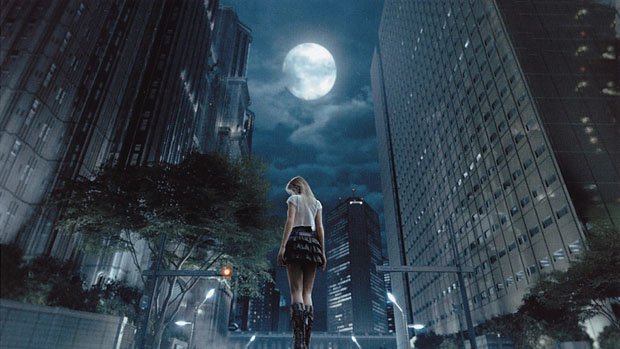
If S-E tried to force the hulking (and still growing) Versus 13 into such a small box, a massive disaster was almost guaranteed - as FF14's catastrophic meltdown illustrated far too well. Ultimately, Square Enix was forced to commission the creation of a brand new engine for Versus 13 called Luminous Studio (the same one responsible for the Agni's Philosophy demo shown off at E3 2012), setting FF15 back even further.
Things still didn't seem dire, however, until S-E was hit with an unfortunate surprise: in summer 2011 it got its first look at the PS4 and Xbox One, which threatened to make the PS3 exclusive Versus 13 irrelevant before it was even finished. Everyone involved was forced to look at Versus 13, in all its ever-expanding glory, and face the inevitable: sticking to Versus 13's origins was no longer an option. The project had to change.
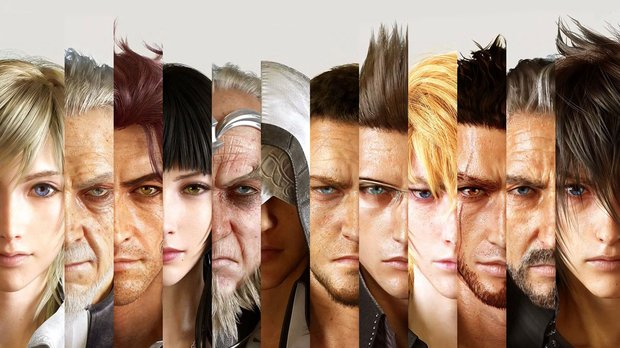
The only way to face this new challenge was head on. In 2012, an idea that had been kicking around since 2007 was finally put into motion: Versus 13 would become Final Fantasy 15, and would appear exclusively on the two next-generation consoles. To make sure there were no more distractions or delays, Square CEO Yoichi Wada called in some much-needed aid from Hajime Tabata, director of Final Fantasy Type-0 and master of deadlines.
Starting in the second half of 2012, Tabata spearheaded a massive restructuring effort where not even the most well-publicized parts of Versus 13 were safe - the game's most prominent heroine didn't even make the cut, and many features Nomura personally praised in earlier years (like character switching), were scrapped. When Versus 13 was reintroduced to the public as FF15 at E3 2013, it was with a much brighter, more vibrant, revitalized air.
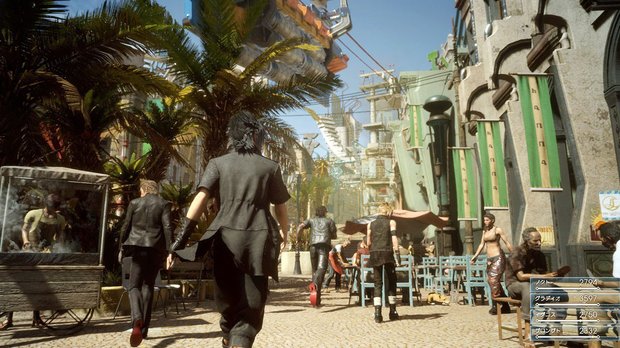
The final change to FFXV was arguably the most visible: Nomura and writer Kazushige Nojima left the project in late 2014, possibly at S-E's behest. That effectively completed FFXV's ultimate transformation. While Tabata has assured fans that Nomura and Nojima's vision for the game would remain intact, his goal isn't just to release a rehydrated version of Versus 13, but a fully-realized FF15 that won't be held back by its past misteps.
That brings us to 2016, and FF15 is a very different game. Its Episode Duscae demo was well-received, S-E has been communicative about the game's progress (even if it's just to ask if FF15 should have Moogles), and the game might really, truly, finally be coming out this year. FF15 is, effectively, everything Versus 13 wasn't, and couldn't be while living in FF13's shadow and stumbling under the weight of its own, unruly growth.
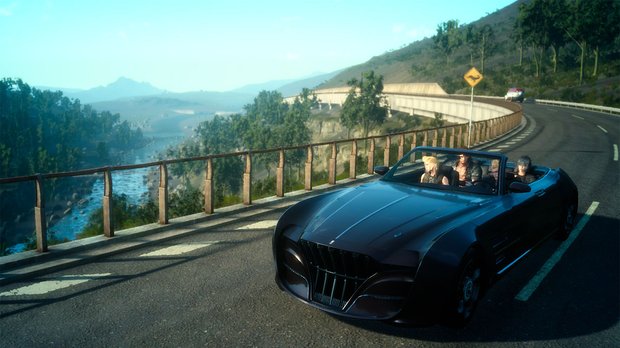
FF15’s path has been long, rough, and incredibly messy. It took a hundreds-strong group of people to right FF15's course, which is the only reason it will soon(!) be joining the ranks of full-fledged Final Fantasy titles (right alongside FF13, like belligerent siblings turned cordial as adults). Why S-E chose to save FF15 instead of following the easy road to cancellation is a matter of speculation, and there’s sure to be more once the game’s released and the pressure to keep its secrets isn’t so intense. At the moment, we have facts, but real answers are harder to come by.
Former Associate Editor at GamesRadar, Ashley is now Lead Writer at Respawn working on Apex Legends. She's a lover of FPS titles, horror games, and stealth games. If you can see her, you're already dead.

